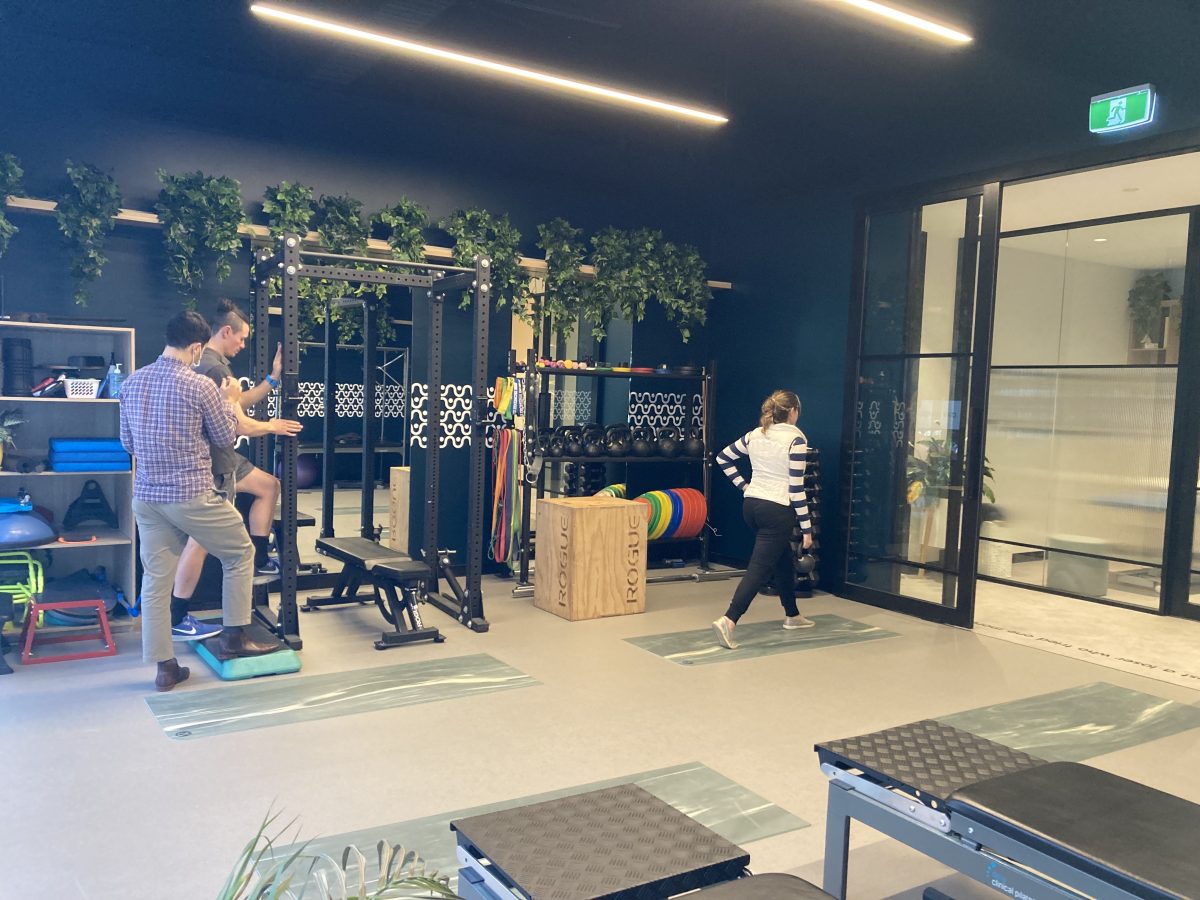A biomechanical assessment is one of many diagnostic tools used by physiotherapists. It’s a critical analysis of the way in which you move and how your technique impacts the health and functionality of bones, muscles, tendons, and joints.
A physiotherapist might recommend a biomechanical assessment if you’ve been suffering pain and soreness while exercising or simply in your day-to-day life. As a leading provider of physiotherapy in Croydon, here at Freedom Sports Medicine, biomechanical assessments are just one of several diagnostic strategies we use to work out what’s going wrong and how we can fix it.
Biomechanics explained
Biomechanics is the study of movement. More specifically, a biomechanist will look at how the various parts of your body — your bones, muscles, joints, and tendons — interact as you move.
In a sporting context, biomechanics can be used to help high-performing athletes reach their goals. A professional high-jumper, for example, might seek biomechanical assistance if they’re looking to improve their personal best by a few centimetres. The principles of biomechanics are also often used when designing sporting equipment. Running shoes, for instance, can be designed using biomechanical knowledge of the foot, to ensure that this delicate part of the body is fully protected.
It’s not only elite sportspeople who benefit from biomechanical assistance. Physiotherapists find that the root cause of injuries is often poor technique. ‘Poor technique’ doesn’t just refer to the way you hold a tennis racquet or kick a soccer ball. The simple act of lifting heavy shopping bags without properly bending your knees can cause serious damage to your back. A physiotherapist might employ a biomechanical assessment if they believe the way in which you are performing these types of everyday activities is causing ongoing pain.
The process of biomechanical assessment
What to expect from a biomechanical assessment really depends on both the physiotherapist and your injury or concern. Biomechanical assessments are perhaps most often used by podiatrists to diagnose foot injuries, so let’s use this as an example.
The physiotherapist or podiatrist will start by asking you a series of questions, as would be expected in any type of medical exam. These questions may include what aches and pains you are currently suffering from, what your medical history looks like, and what your physical activity goals are. From here, the physio can begin to form a picture about what might be causing your problems, identify potential risk factors, and brainstorm what type of therapies may be appropriate.
The practitioner will then likely move onto conducting a physical assessment. If your feet are the issue, they might test your range of motion in the ankles, knees, and hips. They may ask you to stand to assess your posture and check if how you hold yourself is the root cause of your pain.
Finally, a gait analysis will be performed. Your physio will study how your muscles, bones, and joints interact when you walk, run, skip, and jump and consider whether your technique is affecting your freedom of movement. The type of shoes you are wearing will also be scrutinised with an eye to the level of support they are providing.
The information gathered throughout this biomechanical assessment can be used to help diagnose your issue. However, depending on the condition you are suffering from, a physio might also require x-rays or an MRI scan to confirm their diagnosis.
Freedom Sports Medicine — helping you to feel your best
Here at Freedom Sports Medicine, our team of trained and expert physios is passionate about helping all people feel their best and achieve their physical fitness goals. This includes everyone from elite athletes to postnatal women. As a leading provider of physiotherapy in Croydon, we understand that each of our patients is unique and requires tailored attention. Our broad range of services are designed to help us help everyone, regardless of their level of physical fitness or physiological concern.
In addition to biomechanical assessments, our physios employ a range of strategies to diagnose and treat conditions, including:
- Sports physiotherapy
- Physiotherapy
- Podiatry
- Myotherapy and massage
- Strength and conditioning
- Clinical pilates
- GLA:D — knees and hips
- Dry needling
- Shockwave therapy
- Orthotics
If you’ve been searching for a “sports physio near me” to diagnose and treat your pain, we’re confident we can help. To book an appointment with our friendly team, contact Freedom Sports Medicine today.
